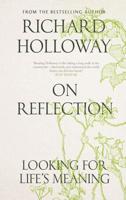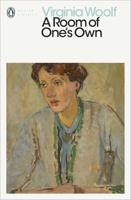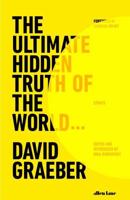Publisher's Synopsis
The Divina Commedia is singular among the great works with which it ranks, for its strong stamp of personal character and history. In general we associate little more than the name--not the life--of a great poet with his works; personal interest belongs more usually to greatness in its active than its creative forms. But the whole idea and purpose of the Commedia, as well as its filling up and colouring, are determined by Dante's peculiar history. The loftiest, perhaps, in its aim and flight of all poems, it is also the most individual; the writer's own life is chronicled in it, as well as the issues and upshot of all things. It is at once the mirror to all time of the sins and perfections of men, of the judgments and grace of God, and the record, often the only one, of the transient names, and local factions, and obscure ambitions, and forgotten crimes, of the poet's own day; and in that awful company to which he leads us, in the most unearthly of his scenes, we never lose sight of himself. And when this peculiarity sends us to history, it seems as if the poem which was to hold such a place in Christian literature hung upon and grew out of chance events, rather than the deliberate design of its author. History indeed here, as generally, is but a feeble exponent of the course of growth in a great mind and great ideas.










